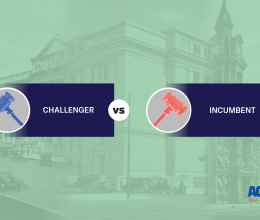COLUMBUS- The American Civil Liberties Union of Ohio sent a letter today to Senate Finance Committee Chairman Chris Widener (R-Springfield) asking the committee to amend the proposed state budget bill to ensure private prison operators are held to full accountability and transparency standards. The request follows testimony provided by the ACLU on Thursday, May 19, 2011 where Republican and Democratic members of the committee asked for additional information on how private prison operators will remain accountable to the public.
“The budget is silent on whether or not private prison operators will be required to follow basic protections, such as the state’s Sunshine Laws,” said ACLU of Ohio Director of Communications & Public Policy Mike Brickner. “Without the ability to obtain information about what is going on in these private prisons, the public is helpless to stop corruption and abuses.”
In its letter, the ACLU points out the Ohio Supreme Court case Oriana House v. Montgomery, in which the state auditor was denied information from a private community corrections agency that was accepting taxpayer funds. The Ohio Supreme Court ruled against the state auditor and declared Oriana House was not required to produce the documents. Its decision established a test to determine whether private agencies were performing a government function and bound to state Sunshine laws. Despite numerous subsequent cases that have applied this test, the state Supreme Court has not found a single private corporation must abide by the state’s open records and meetings laws.
“Legislators must unequivocally mandate that private prison operators will be held to the same accountability standards as public facilities,” added Brickner. “Private prison operators often claim they are as good or better than public prisons, so they should also be held to the same high standards for transparency. If private prisons operate perfectly, what could they have to hide?”
“Taxpayers have a fundamental right and responsibility to know how their funds are being spent,” concluded Brickner. “Simply because the state may contract with a private operator to house inmates does not absolve it from ensuring inmates are properly housed, and funds are spent wisely. If inmates are held in poor conditions or if violence breaks out, the state will still be liable.”









